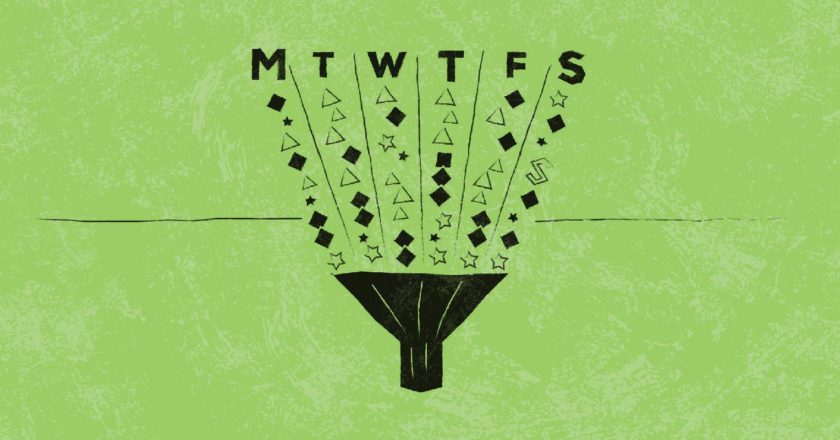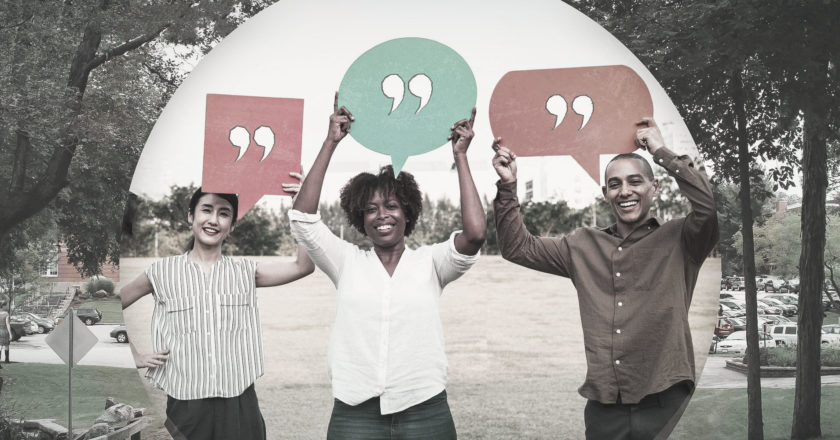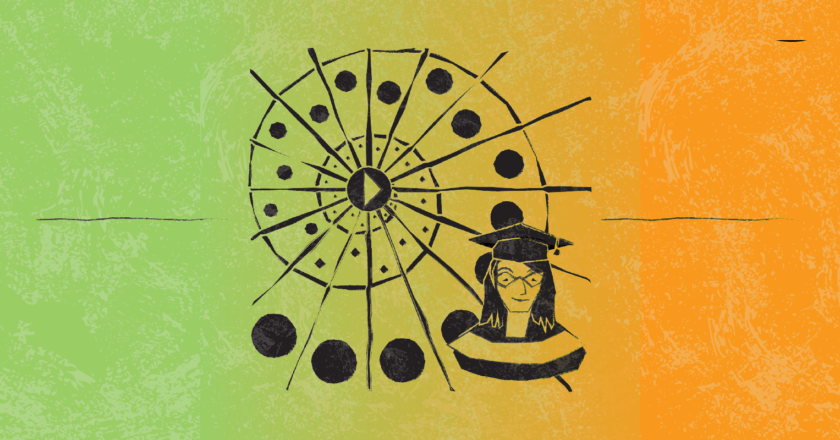Hear about one student’s experience in an inclusive concurrent enrollment program, and what he’s up to in college now.


Hear about one student’s experience in an inclusive concurrent enrollment program, and what he’s up to in college now.

Editorial Board Member Claire Barnett and her college friends talk about being autistic as well as being friends with students …

Worried about someone saying something rude or inappropriate about your research? STEM grad student Laura Gilmour shares key presentation and conference pointers.

Video. Brief overview of the kinds of supports students and families can expect in the college environment. Can vary a lot by institution.

Video interview. Having your syllabus state that you support students with disabilities is one simple action discussed that helps create an inclusive academic environment.

Talk with your professors about your potential needs, whether that means a quiet testing environment, extended time on projects, or organizational assistance.

Always be respectful and professional when corresponding with a professor or course instructor. Using “Dear” to begin emails, using the professor’s last name (i.e. Professor Brown), and signing off with a “Thank you,” or “Sincerely” goes a long way!

Align your strengths with your interests. Find a supportive mentor. Be willing to accept some trial-and-error. Autistic students can succeed in STEM.

Dr. Julia Leverone demystifies the process of talking to college professors for autistic students and explains why it can be helpful to approach them.

How professional development workshops helped me gain valuable insight and strategies for creative instruction through the application of Universal Design for Learning (UDL) techniques.